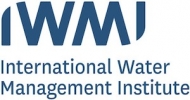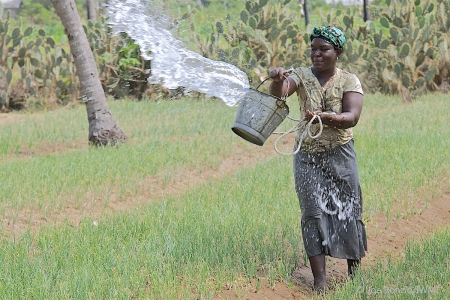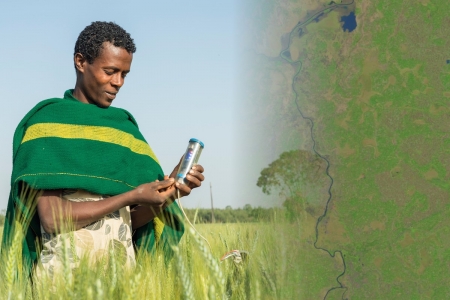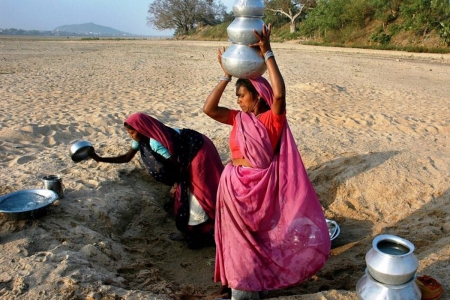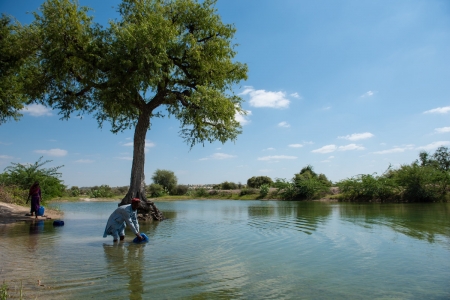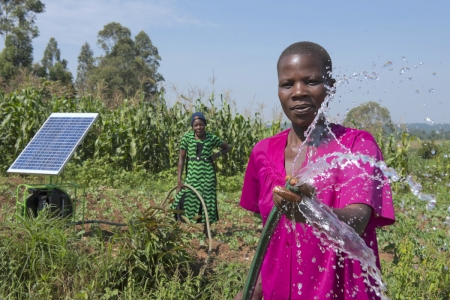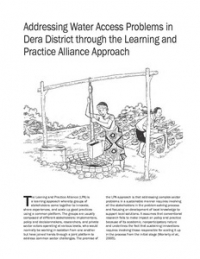We aim to increase food production, improve nutrition, protect the ecosystem and accelerate economic development through improved access to small-scale irrigation technologies, within the boundaries of resilience of eco-systems. The main activities of the project to achieve the key goal includes: identifying promising, context appropriate, small-scale irrigation interventions, management and practices for poverty reduction and improved nutrition outcomes; evaluating production, environmental, economic, nutritional, and gender impacts, trade-offs, and synergies of small-scale irrigation technologies and practices; identifying key constraints and opportunities to improve access to promising small-scale irrigation technologies and practices; strengthening capacity of actors in irrigation value chains; engaging stakeholders throughout the research planning, implementation and analysis to enable upscaling and outscaling of solutions. The project recognizes that the expansion of irrigation can contribute to pressures on land and water resources, and as such, it seeks to ensure that expansion remains within the constraints of resilience. Achieving the project goal requires ensuring the necessary linkages between research and sustainable impact. The project’s impact pathway is implemented through a strong set of complementary international and local partnerships coupled with continual, in-depth stakeholder engagement. This involves engaging in 1) partnerships with local researchers and practitioners to identify research priorities, co-create knowledge, share results for broadly, and advocate implementation of research results; and 2) continuous dialogue, through regular consultation, workshops, and targeted capacity development activities with key stakeholders including farmer organizations, researchers, local government, private sector actors, national government institutions, USAID and other donor agencies. The partnership and engagement approach will underpin all our project activities and will: promote continual learning; ensure the project activities and resultant outputs and recommendations are grounded in local demands/needs and realities; support national goals and initiatives; and be widely internalized by farmers, researchers, policymakers, and investors. Learn more about the project on the IWMI website.
menu

